As the new year began, headlines blared about the Australian dollar hitting a five-year low. It’s easy to feel a sense of panic as we see news like this, thinking it might be time to stock up on canned goods and brace for economic impact. But let’s take a closer look at what’s really going on.
So why is the Aussie dollar taking a dip? Well, much of it has to do with global events, particularly speculation around potential tariffs imposed by Donald Trump on Chinese imports. This could lead to a depreciation in the Chinese currency, which in turn affects Australia due to our significant iron ore exports to China.
Remember, our dollar often moves in response to what happens in major economies like the US and China, reflecting broader market trends rather than local issues. The Reserve Bank of Australia (RBA) noted that recent drops in our currency value were influenced by the strength of the US dollar and concerns over China’s economic outlook.
But before you rush off to convert all your savings into another currency, take a breath. Yes, the Aussie dollar has weakened compared to previous years but labeling it as a
“crash”
might be an exaggeration. In fact, looking back over 25 years gives us perspective – fluctuations are part and parcel of currency markets.
If you’re not running a multinational corporation or trading currencies daily, these shifts may not have an immediate impact on your life. Sure, online shopping from overseas might become slightly pricier, but for most people making everyday purchases, it’s just business as usual.
One area where Aussies are likely to notice changes is at the petrol pump. With our dollar slipping against the US greenback, imported goods like oil become more expensive in local terms. As a result, petrol prices could see an uptick due to this shift – something that hits home for many households.
While some economists debate how these alterations could influence interest rates set by the RBA, there’s no need for widespread alarm bells just yet. The central focus should remain on supporting our domestic economy through smart policies rather than solely reacting to international market movements.
So next time you hear about exchange rate fluctuations or dropping Aussie dollars causing chaos – remember that beneath those dire headlines lies a complex web of global economics playing out their dance. Keep calm and carry on with your day-to-day activities; leave the worrying about exchange rates to the experts.




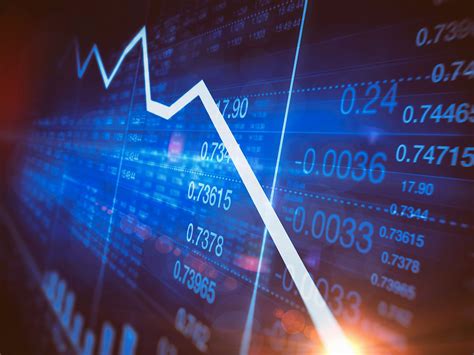
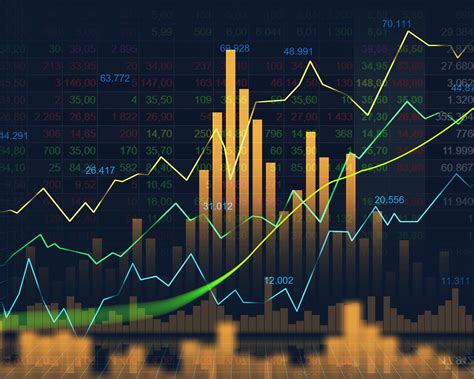

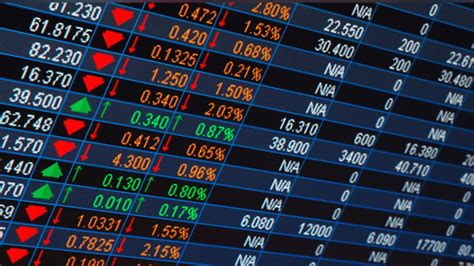
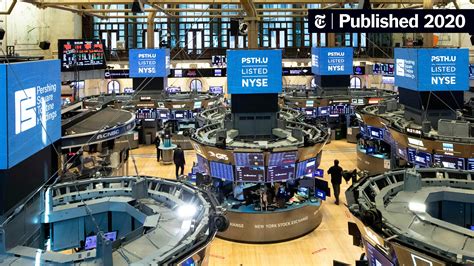

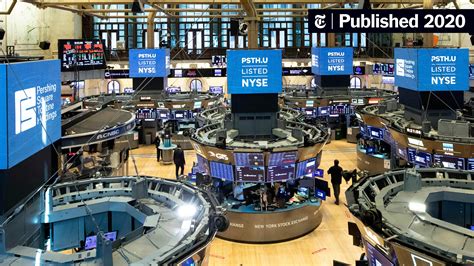
Leave feedback about this